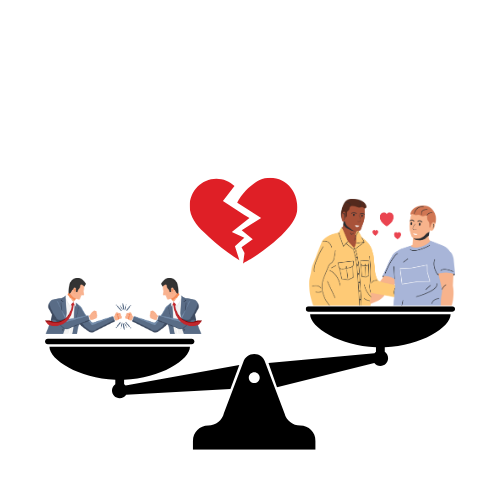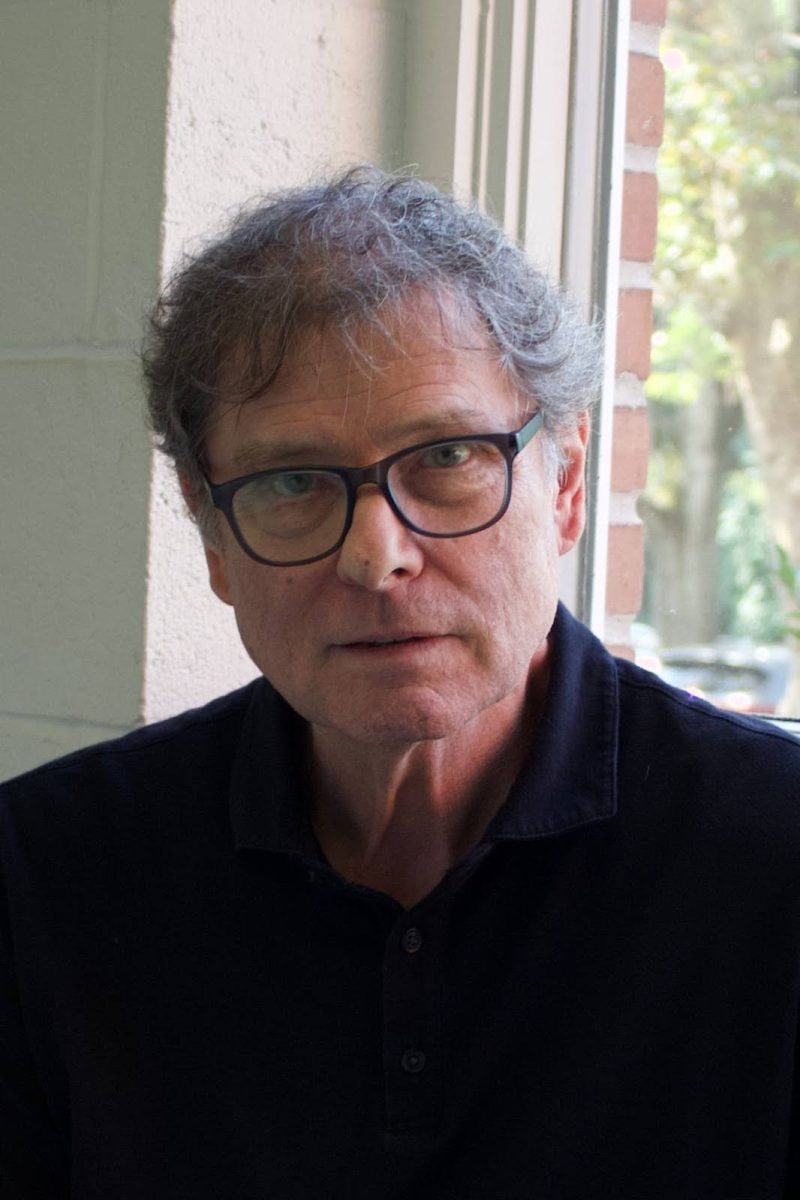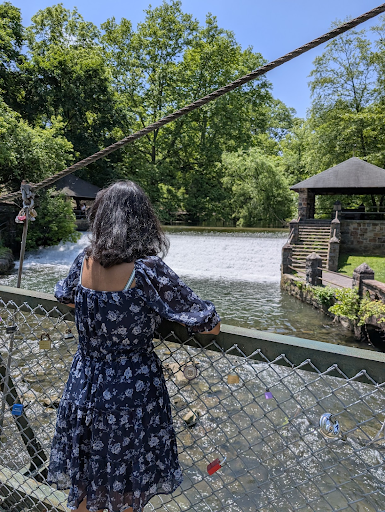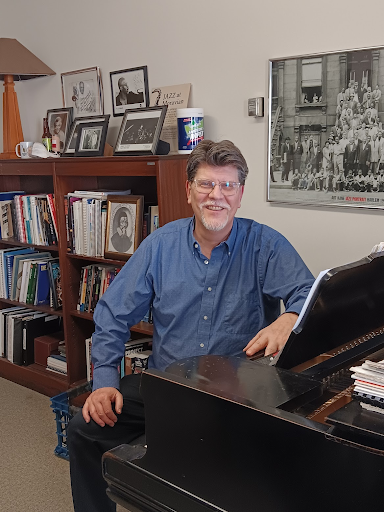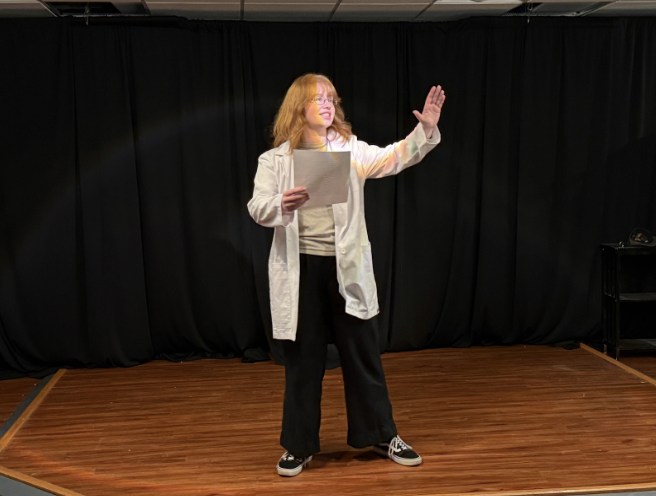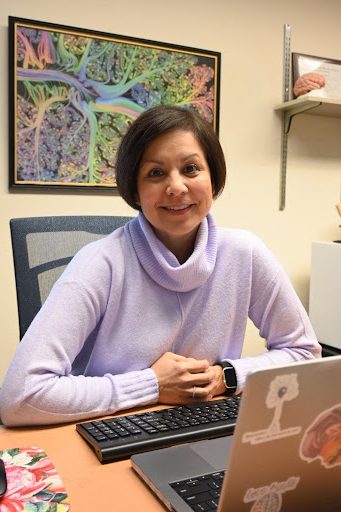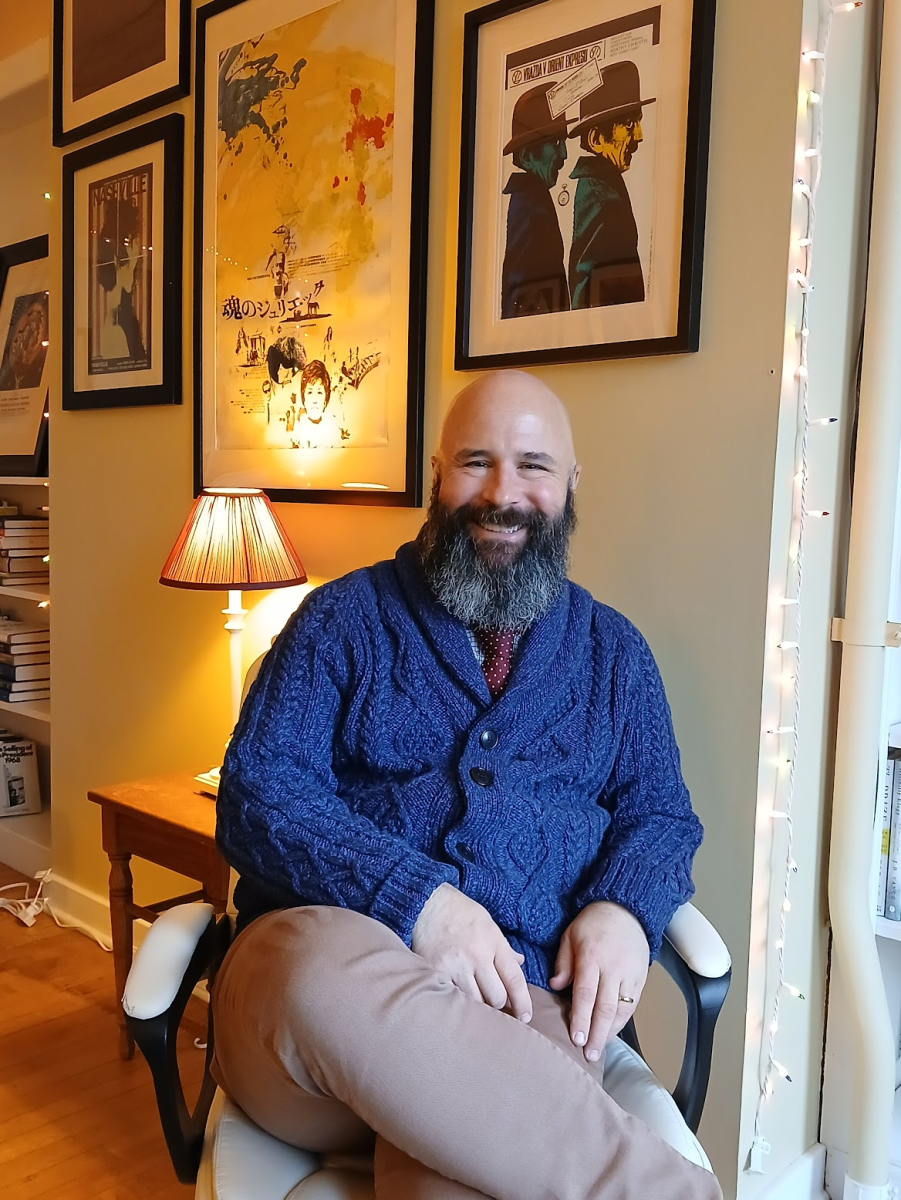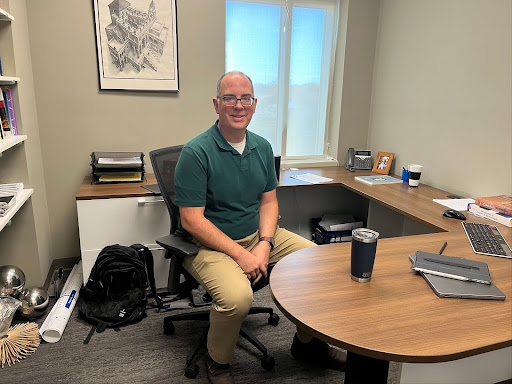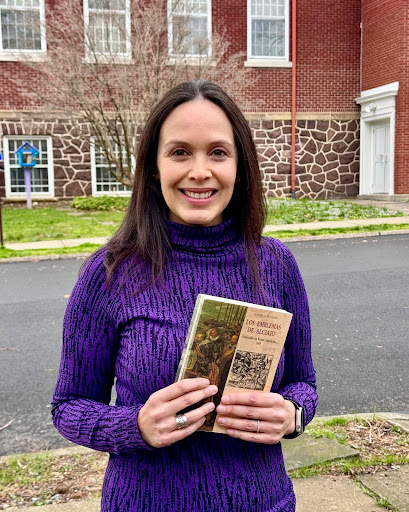
Dr. Brill is an associate professor of psychology at Moravian. He received his baccalaureate degree at LaSalle University in psychology and management and an M.S. and Ph.D. in industrial/organizational psychology at Virginia Polytechnic Institute and State University. He focuses on work psychology, professional development, outcome assessment, and pedagogical research. He has also recently worked to create the RISE Teamwork & Leadership Program at Moravian.
What inspired you to go into your field of study?
At LaSalle University, as an undergraduate psych and management double major, my psychology professors and management professors and coursework had a collective, synergistic impact on me that led me to the world of Work Psychology.
What research are you currently working on?
We are very resistant to giving and receiving constructive, critical feedback. I am looking at variables to improve that process, since honest, constructive feedback is critical for us to move toward our potential. Also, since becoming Director of RISE, Moravian’s teamwork and leadership program, I have started to take advantage of the rich opportunity that it affords to study team and group dynamics.
What do you think is the most recent important development in your field of study?
Living and working in a post-COVID-19 world means that a great deal of my discipline has been turned on its head. Many assumptions we had about work location, technology, and work structures, processes, and values need to be revisited and explored anew.
What job would you have if you couldn’t be a professor, regardless of salary and job outcome? Why?
Probably something in the counseling or human service sector. Also, I have three siblings who are all involved in music as a part-time gig. Academics sidetracked me from pursuing that hobby, the only Brill boy not to do so.
What do you know now that you wished you knew when you were in college?
So much! Mainly, being overly self-conscious and catering to others’ expectations is such a waste of energy, and often leads to missed opportunities from being sidetracked from what you really want to do as an individual. Also, the power and exhilaration of group study sessions with people who are motivated to learn is another.
What is your biggest student pet peeve?
When students engage in poorly reasoned grade-grubbing instead of focusing on learning, and when they make appointments and show up late or fail to show up without communicating.
What was the last streaming show that you binge-watched or the last good book that you read?
My last summer book read was Anthony Doerr’s “All the Light We Cannot See.” It was just flat out wonderful. My wife and I were a bit obsessed with a German neo-noir television series airing on Netflix, “Babylon Berlin.” Really good stuff.
What is something interesting about you that most people don’t know?
I met my wife while being the lead singer (didn’t play an instrument, as noted earlier) in a rock band, Split Decision (not the more famous group with that name).
What’s your spirit animal and why?
This will be a very unpopular comment, but I really dislike pets (although note, we have never had less than two pets around the house; my cross to bear amidst the rest of my family that loves them). So that kind of carries over to my lack of having a spirit animal.
What inspired you to create the RISE program?
The RISE Teamwork & Leadership Program was not necessarily my inspiration. Moravian had analyzed several studies and data trends that suggested a strong need for such a program to better serve the needs and career objectives of existing students and to make us more attractive to prospective students. I was appointed by the President and the Provost to shepherd that program into existence. I think I was pegged given my discipline of work psychology and interest in sports psychology, which both have strong teamwork and leadership roots. I was blessed to work with a very dedicated and talented task force of faculty, administrators, and our senior career development specialists in designing and implementing the program.


